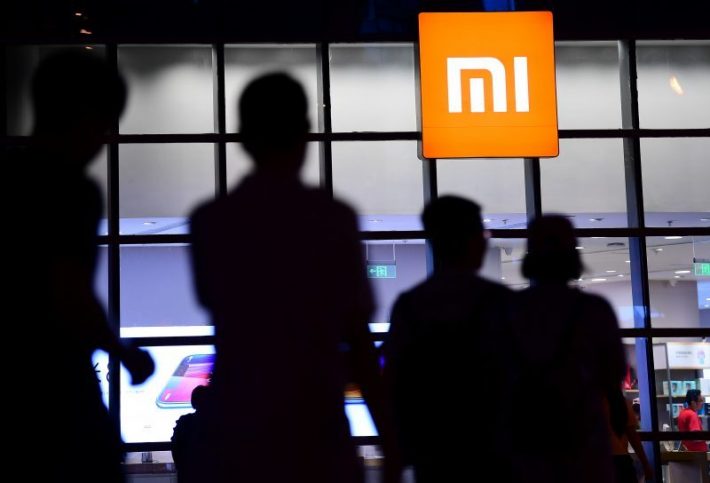SHENZHEN, China: Xiaomi Corp’s overseas sales have returned to pre-pandemic levels, its acting CFO said on Wednesday, as it announced profit had more than doubled in the second quarter on the back of strong growth in its high-end smartphone business.
Revenue rose 3.1% in the quarter ending June 30, while sales rose to 53.54 billion yuan ($7.77 billion), beating analysts’ expectations. Revenue was up from 51.95bn yuan in the same period a year earlier.
Overall revenue from the company’s smartphones business, which accounts for nearly two-thirds of its revenue, fell 1.2% to 31.6bn yuan. Xiaomi sold 28.3 million handsets in the quarter, down from 32.1 million units a year earlier.
However, sales of premium phones in overseas markets were up 99.2% year-on-year, with average selling prices rising 11.8% in that period.
“This shows our smartphones have achieved a major breakthrough in Q2,” Wang Xiang, Xiaomi’s acting CFO, said on the earnings call.
READ MORE: Billions in crypto flowing out of China
The company’s high-end phone saw “explosive growth” in Europe, where smartphone shipments were up by 64.9%, Wang said.
Profit rose 129.8% to 4.49bn yuan.
Xiaomi reported an adjusted net profit of 3.37bn yuan, beating the average market estimate of 2.24bn yuan, according to Refinitiv data.
Xiaomi has relied increasingly on overseas markets such as India to boost growth as it struggles with competition from Huawei, the market leader in China.
The company’s revenue from overseas markets grew 10% in the second quarter, accounting for 44.9% of its total revenue.
While sales in India started to recover as its lockdown was gradually lifted during the second quarter, production constraints have dragged on sales, Wang said. The number of new smartphone activations in July was still 72% of pre-pandemic levels, he said.
Xiaomi has also found itself caught in a backlash against Chinese tech firms in India, where the government last month banned several mobile apps from a range of Chinese companies, including two from Xiaomi.
Wang said Xiaomi remained confident in the India market, saying the company would continue “to promote the mutual understanding and trust between people in India and China.”
- Reporting by David Kirton in Shenzhen and Josh Horwitz in Shanghai
























